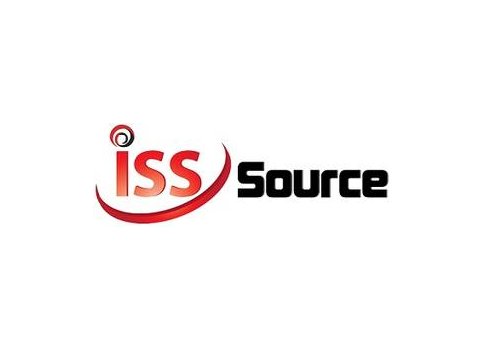Workers ended up exposed to combustible cornstarch dust, dust particles in excess of permissible exposure limits and other hazards at Paris, Ill.-based Septimus Inc. and is facing fines of $46,400 for 21 serious safety and health violations, said officials at the Occupational Safety and Health Administration (OSHA).

Workers ended up exposed to combustible cornstarch dust, dust particles in excess of permissible exposure limits and other hazards at Paris, Ill. Septimus Inc. is facing fines of $46,400 for 21 serious safety and health violations, said officials at the Occupational Safety and Health Administration (OSHA).
OSHA launched an investigation after receiving a complaint. The facility processes cornstarch for use in laundry detergent and other products.
"Combustible dust can burn rapidly and explode with little warning, putting workers at risk for severe injury and death," said Thomas Bielema, OSHA’s area director in Peoria. "OSHA’s inspection found that Septimus used potential ignition sources, like forklifts and electrical equipment, in areas where combustible dust was present."
OSHA’s April 30 inspection found workers suffered exposure because processing and dust collection equipment lacked protective covers. If this dust ends up suspended in the air in the right concentration, under certain conditions, it can become explosive. The inspection found the company operated powered industrial vehicles in poor repair not rated for use in environments where combustible dust was present.
These vehicles, along with numerous electrical violations, provided potential ignition sources for the dust. The force from such an explosion can cause employee deaths, injuries and destruction of buildings. The U.S. Chemical Safety and Hazard Investigation Board identified 281 combustible dust incidents between 1980 and 2005 that led to the deaths of 119 workers, 718 injuries and numerous extensively damaged industrial facilities.
Workers also ended up exposed to airborne concentrations of dust in excess of the permissible exposure limit, which can cause respiratory illness and lung disease. The company failed to implement administrative and engineering controls to reduce exposure limits.
Additional serious violations involved amputation hazards and included lack of machine guarding, failure to implement specific lockout/tagout procedures to prevent machinery from operating during service and maintenance, and workers exposed to fall hazards of 7 feet or greater from unguarded working platforms. The company also failed to train workers about hazardous chemicals in use at the facility and to mark exit routes clearly and ensure they were free of obstructions.
A serious violation occurs when there is substantial probability that death or serious physical harm could result from a hazard about which the employer knew or should have known.
Septimus has a contract with Tate & Lyle to extrude, dry blend and package cornstarch. The Faultless Starch/Bon Ami Co. of Kansas City, Missouri, owns the company.
Gregory Hale is the editor and founder of Industrial Safety and Security Source (ISSSource.com), a news and information website covering safety and security issues in the manufacturing automation sector. This content originally appeared on the ISSSource website. ISSSource is a CFE Media content partner. Edited by Joy Chang, digital project manager, CFE Media, [email protected]



